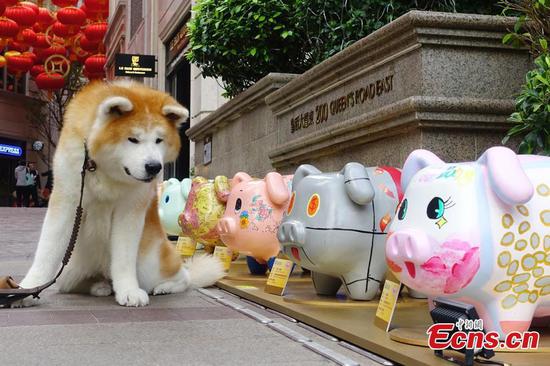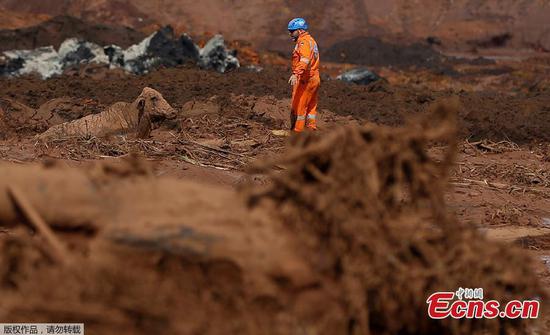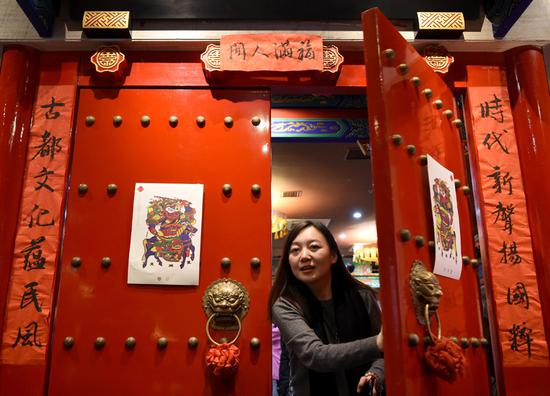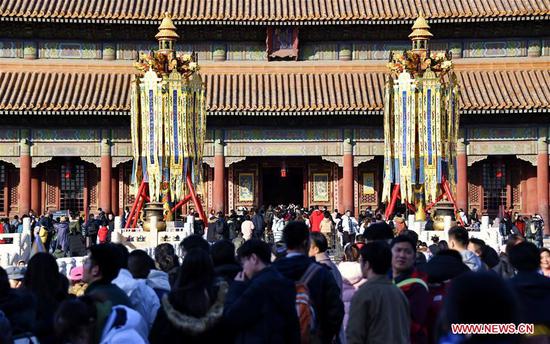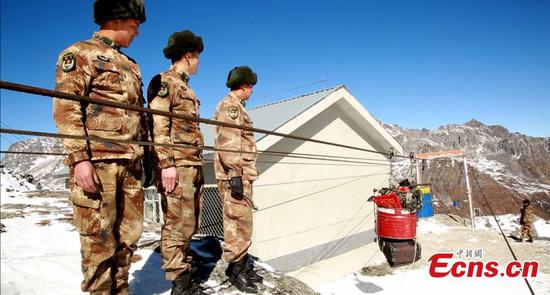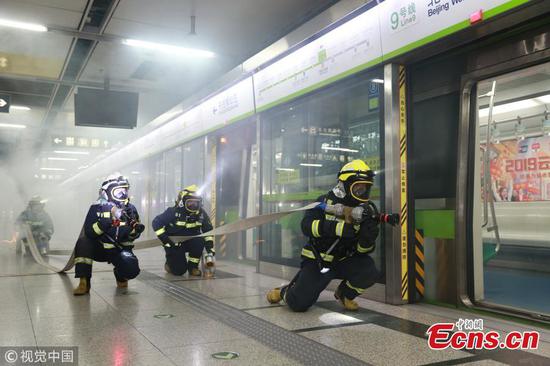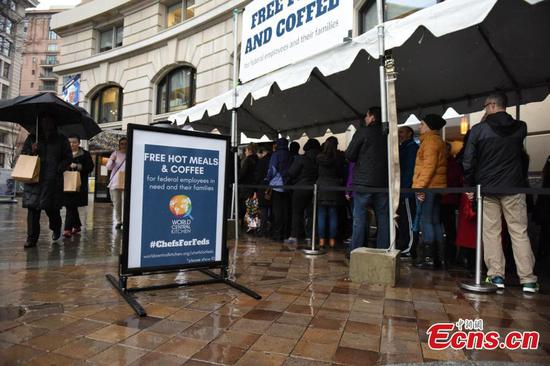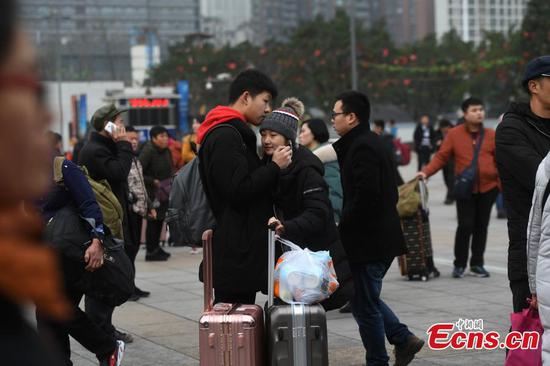Final draft of rules requiring people to sort, recycle garbage nears vote
Tea leaves go into bins for wet garbage. Paper cups go into one for recyclables.
Legislators at the ongoing session of Shanghai People's Congress are practicing trash classification as they review the city's first regulation on domestic garbage management.
The final draft of the regulation will come up for a vote on Thursday, and it's likely to be approved, which will help the city deal with its ever-growing pile of domestic garbage-about 26,000 metric tons every day.
Xiao Guiyu, deputy director of the standing committee of the municipal congress, said legislators have solicited opinions from more than 20,000 citizens and collected 30,000 surveys since 2017, and the latest draft is the result of several revisions.
"To process more than 9 million tons of domestic garbage every year puts a lot of pressure on the city's environment and sustainable development," Xiao said in his briefing on the regulation at the plenary meeting of the congress on Sunday.
The regulation, consisting of 65 articles, sets requirements for the discard, collection, transport and treatment of domestic garbage to reduce the overall volume, increase recycling and avoid contamination.
Hotels are not allowed to provide disposable slippers and shower caps if not requested by guests. Restaurants and food delivery businesses should not provide free disposable chopsticks and cutlery. Government and public institutions are not allowed to use disposable cups.
Garbage classification is a key part of the regulation. It requires people to sort household trash into four categories-dry garbage, kitchen waste, recyclables and hazardous waste-and those who fail to do so will be fined up to 200 yuan ($30). For companies and institutions, the fine can go up to 50,000 yuan. In addition, transport operators can refuse to pick up trash if it's not properly sorted.
Shen Yingdi, a deputy from a neighborhood in Changning district, said the government has launched several garbage classification campaigns in past years, but the idea was not transformed into lasting habits by residents.
"If the regulation is approved and becomes law, it will send a clear message to people, and help form a trash-sorting habit," Shen said.
Chen Haojie, a deputy from Gaojie Environment Cleaning Service, said he appreciated the regulation's emphasis on garbage management, because if garbage is well-sorted at the source, it makes each subsequent step easier.
However, some people are worried about the implementation of the regulation. Zhang Jinxiu, a deputy from Xianxia Property Management Company, said trash stations in many old residential communities were not designed to hold different types of trash, and she suggested renovations for old trash stations and making standardized trash stations mandatory for new real estate projects.










